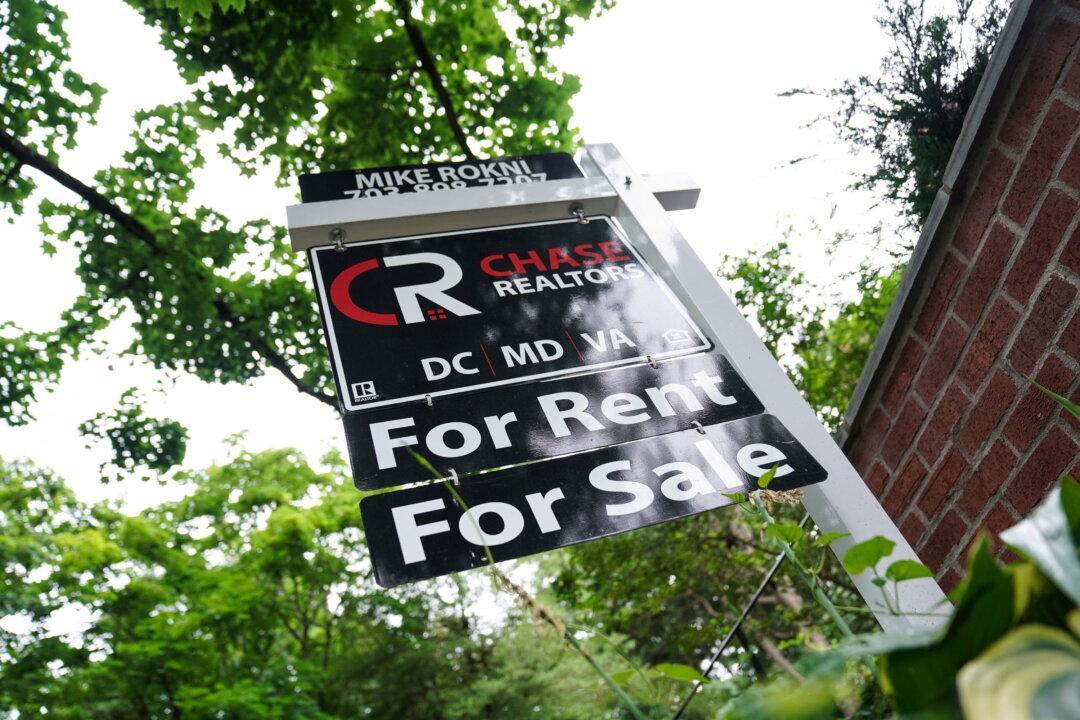U.S. home sales fell more than expected in July, to their lowest level in six years, due to a rise in mortgage rates and a surge in housing prices, forcing prospective homebuyers out of the market, according to July data from the U.S. Census Bureau.
New single-family home purchases dropped 12.6 percent, to a seasonally adjusted annual rate of 511,000 units, for the sixth consecutive month of declines.





